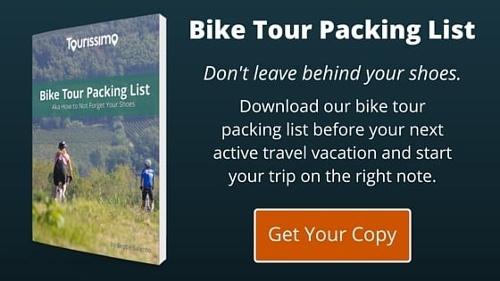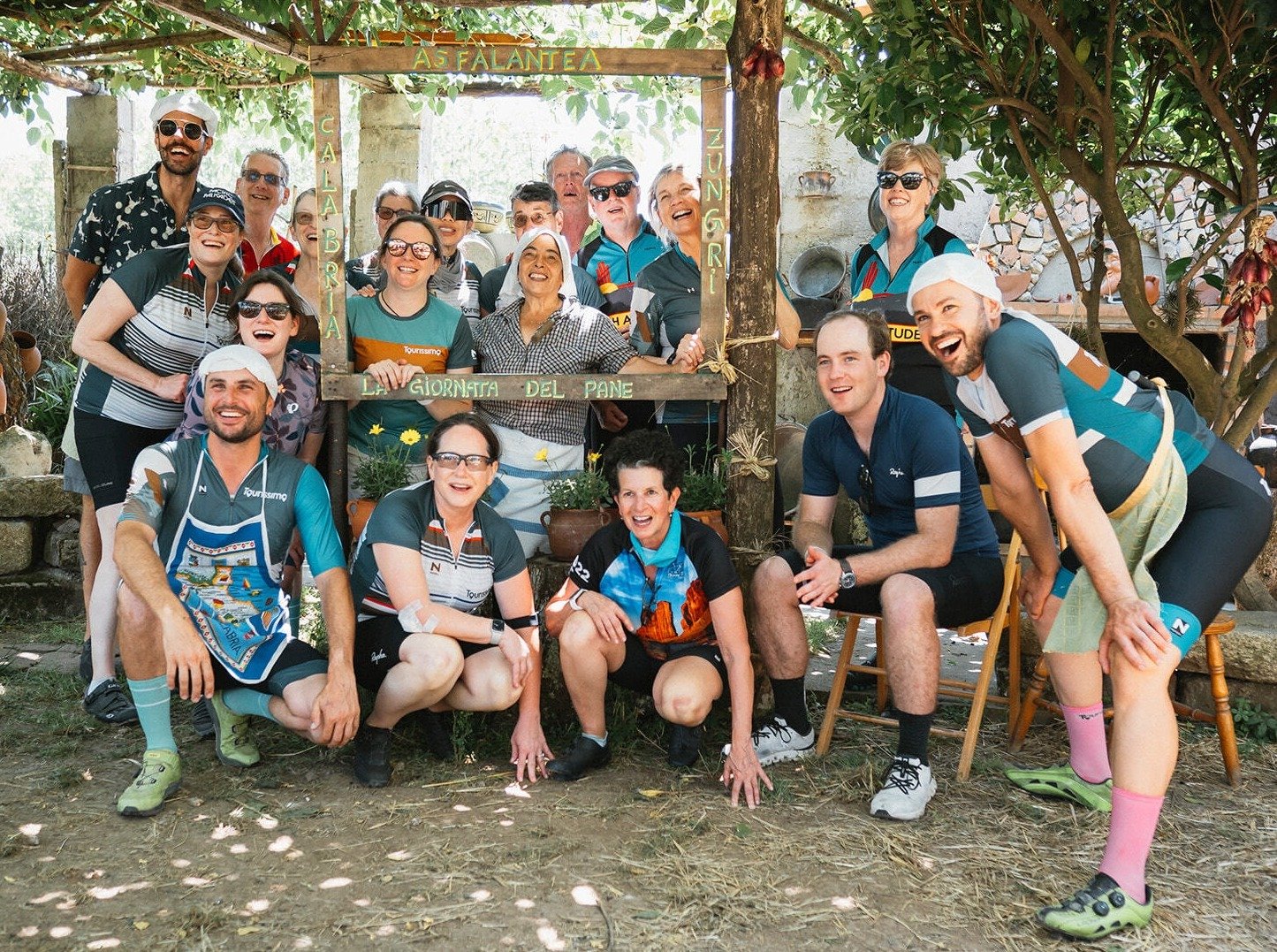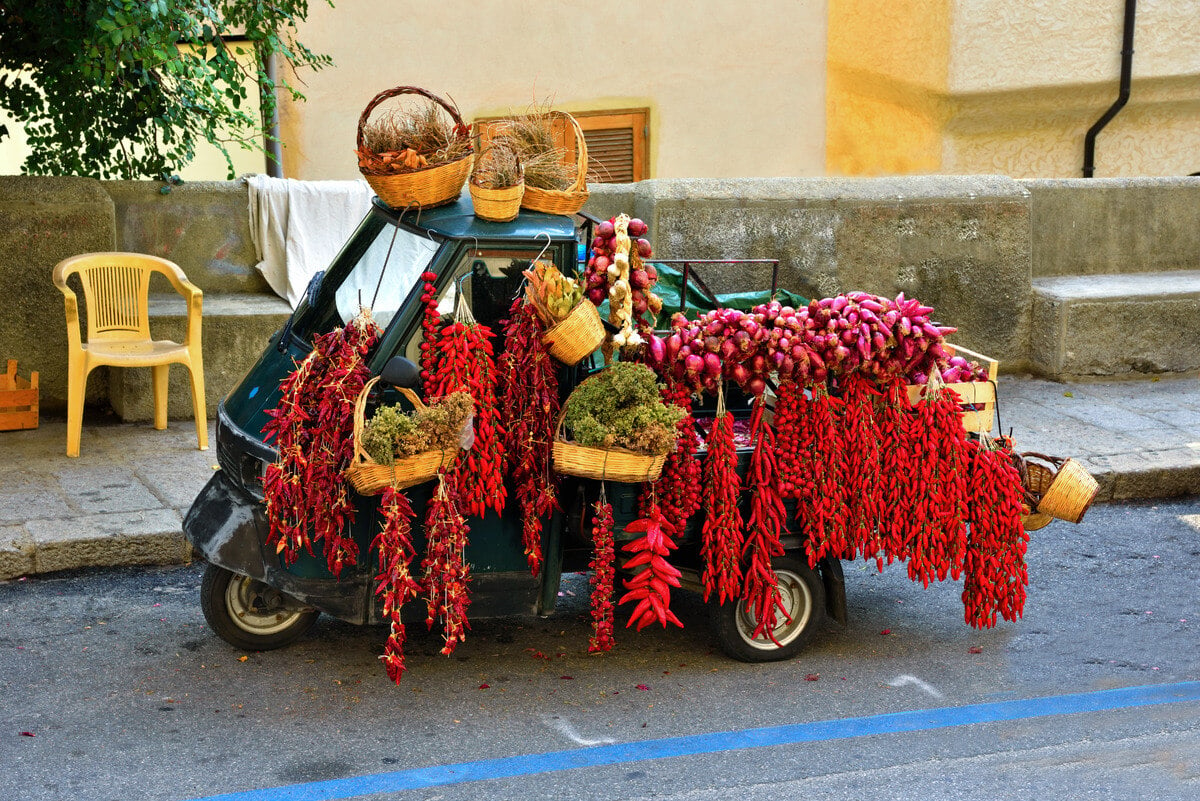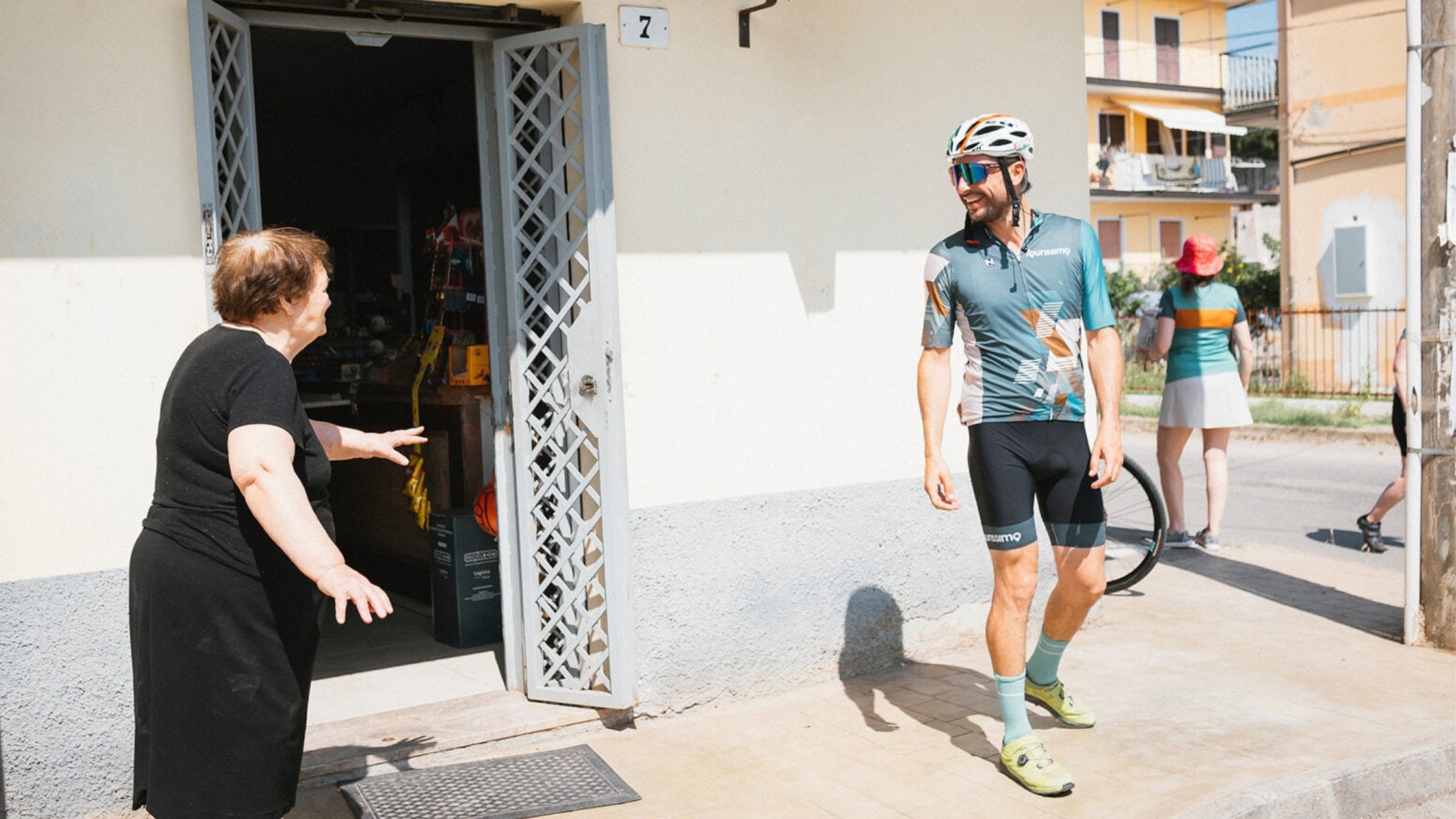Italian cuisine has a reputation for being among the best in the world. Italian restaurants abound internationally, and wherever you live you probably have one nearby. Be aware that Italian food in Italy is more diverse than what you might be used to in your home country. There are 20 regions, all with their own customs and recipes. Within the regions, food traditions can vary from town to town.
To enjoy the culinary aspects of your vacation it is important to point out dietary restrictions (and the reasons for them) before a tour begins. It's also important to do your research before a tour to know what type of cuisine to expect in the places you'll visit.
Food on Tour in Italy
At Tourissimo, it's important for us to share the true and authentic culture of each place we visit. In Italy, food traditions are an important part of the culture and identity of a place. Recipes are passed down and followed religiously and food traditions are sacred. This is especially true in smaller towns and places off the main tourist track, which is where most of our cycling and hiking tours go.
Whenever possible, we try to give business to small restaurants and local producers. While many of them can cater to special diets, it's not always possible, and if you have strict or severe restrictions it might mean that your food choices are limited and/or repetitive.
Our Philosophy
We don't want to be the biggest adventure travel company.
We want to design and run the best tours in Italy.
We strive to be the most authentic and the most beneficial to local communities.
We take pride in where we are from. We want to highlight the best of what Italy has to offer and provide a truly authentic experience by creating tours that:
- immerse our guests in the local culture and benefit the local economy,
- take our guests behind the scenes, away from the crowds and into the heart of Italy, and
- enrich the lives of not only our guests but of the people and places they visit.
We strive to provide the best experiences possible that are created around The Tourissimo Experience. We want to build long-lasting relationships with our guests, and with our partners in Italy.
Why It's Important to Communicate Dietary Requirements Before a Tour
When you sign up for a tour, we collect certain info from you. Included in this are dietary restrictions.
It is important for you to provide this information well before the start of the tour so that we can inform hotels, restaurants, and producers ahead of time.
When submitting this info, you need to be as honest, clear, and detailed as possible to ensure that our guides and staff can prepare the places we will visit.
It's also important for us to be as honest with you as possible, and this means letting you know which areas will offer the best variety for certain dietary restrictions. In some cases, we might dissuade you from joining a tour if your food choices will be limited.
Here are 3 things to consider (and to let us know):
1. Food allergies or intolerances
How severe is your allergy? Are you ok with the food/ingredient being on the same table or in the same room as you? How strict does the kitchen need to be with cross-contamination?
Do you require any medication in case of a reaction? If so, it is your responsibility to bring it.
2. Religious restrictions
Are there certain foods (or combinations or preparations of foods) that you don't eat for religious reasons? How closely will you adhere to these restrictions while on vacation/outside of your home.
3. Food preferences
Is there a food that you can't stand or severely dislike but it won't kill you if you eat it?
And 10 Tips to Make Your (and Our) Life Easier:
1. Do your research
Before your trip, look up the typical cuisine of the region you will visit. Even if you consider yourself an omnivore in your own country, you could encounter protein, dairy, and plant sources in Italy that you are unfamiliar with. Here is a short sampling of some of the foods you might encounter, depending on where you travel in Italy:
-veal
-horse meat
-rabbit
-frog
-raw beef
-pigeon
-eel
-whole fish (served with body intact, including the head)
-liver & intestines
2. Be prepared for lots of wheat (and gluten)
Wheat, the most consumed grain in the US and, of course, in Italy is at the base of many delicious pasta dishes. Gluten, a protein present in wheat, can potentially trigger reactions and discomfort for some people and be a health hazard for those with celiac disease. However, not all wheat is the same, and quality, non-industrial flowers are less charged in gluten.
3. Be aware of regional food variety
Southern Italy, with its fertile soil and long growing season, is a paradise for vegetarians and also offers variety for vegans. Farther north, and also inland (in the mountains), choices are far more limited.
Italian regions in the Alps also border other countries (France, Switzerland, Austria, Slovenia, Croatia), and their cuisine is influenced by them.
4. Some tours are more challenging
On our Chef Bike Tours it is harder to accommodate those with certain dietary restrictions, and alternative menus are limited. Before signing up, please discuss this with us.
5. Be open to new experiences...
Some foods that you don't like at home may taste different in Italy, or be prepared differently. You might be surprised that you actually enjoy certain foods in Italy that you would never touch at home.
6. ...But be honest with yourself (so there's no waste)
If you know you are a picky eater, don't be afraid to tell us. If there is something that you absolutely won't eat, we need to know.
7. And be honest with the guides
If something does slip through the cracks and you are served something that you don't like or can't eat, let the guides know right away so that they can make sure it is not served to you again.
8. Don't change your mind mid-tour
Believe it or not, it is not uncommon for people to change their dietary preferences midway through a tour.
This is difficult for the guides to manage, since many menus are planned ahead of time and all restaurants and hotels are informed of restrictions well in advance. If you tell us you are gluten-free but halfway through a meal you want to start eating pasta, this causes major disruptions for the guides and restaurants.
Just as disruptive is if you've been eating a certain food and then decide you can't or won't eat it anymore.
9. Don't stress...
Aside from life-threatening food restrictions, there is some wiggle room. It's important to find a balance between what you're used to eating and how adventurous you want to be.
10. Have fun!
One of the most beneficial aspects of travel is opening yourself up to new experiences, and food experiences are a big part of this. Don't be afraid to challenge yourself, but at the same time strive not to waste.













